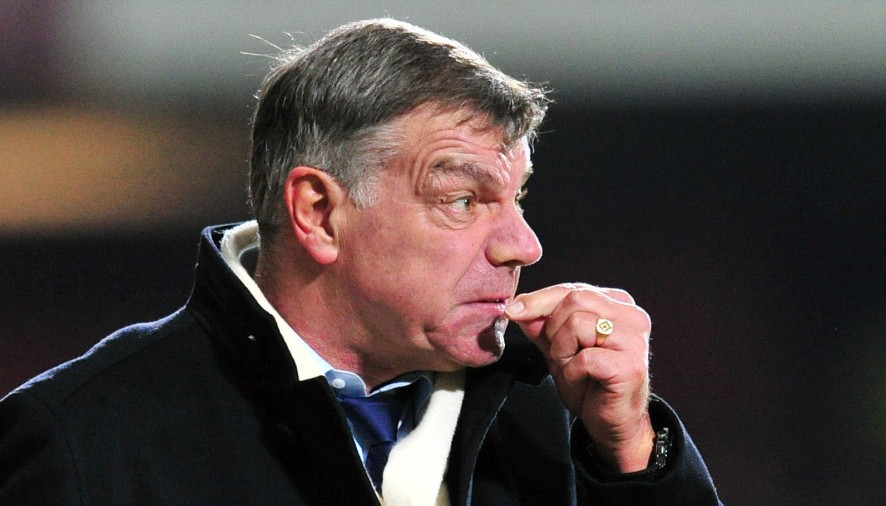An undercover investigation by the Telegraph has revealed evidence of corruption and bribery at the highest level. Their evidence reveals that as many as eight managers and assistant managers are suspected of taking backhand deals or “bungs” as is referred to in the secretly filmed footage. Football agents are seen boasting about how “everything is under the table” suggesting that corruption in the football league is more widespread than just a handful of agents implicated in the report.
One notable figure caught up in the Telegraph’s report is Southampton’s assistant manager Eric Black who allegedly gave advice to the undercover reporters on how to bribe officials at other football clubs. However, prior to the report being published Southhampton FC’s Chairman, Ralph Krueger, had made clear his disdain at previous revelations of corruption within the football league. He also expressed his desire to lead the way in cleaning up the game.
A spokesman for Mr Black responded to the allegations saying that: “[Mr Black] does not recall Mr McGarvey making suggestions that football officials should be paid during transfer negotiations – this was not the purpose of the meeting so far as our client understood it. The spokesman suggested Mr Black’s reference to paying “a couple of grand” related to a freelance scout he suggested the Far East company should approach.
This revelation is just the latest in a string of corruption scandals. Sam Allardyce became England’s shortest reigning manager for only 1 month before being sacked after Telegraph’s disclosures revealed he had also been implicit in corruption. The publicly disgraced Mr Allardyce made a “whole-hearted” apology after the Telegraph investigation revealed he had given advice on how to get around FA rules on player transfers while negotiating a £400,000 deal with a fictitious Far Eastern firm.
The Football Association explicitly prohibits such underhand payments in its section on rules and governance. However, the papers, which claim as many as eight premier managers had also been involved, are now being reviewed by the police to see if any criminal offence had taken place.
The allegations of corruption come at a time where there is debate as to how large sporting organisations such as the FA should be governed. Many supporters of stricter regulations within the FA would suggest that these scandals are a symptom of a more systemic problem within British football and that greater reform is needed. It may be the case that the Football Association decides to take direct action against these individuals in order to deter others from deals which are against the rules and the spirit of the FA. However, one thing seems clear, corruption in football does not pay, as Mr Allardyce knows all too well.
Sophie Wheeler
Photo Credit: Glyn Kirk

